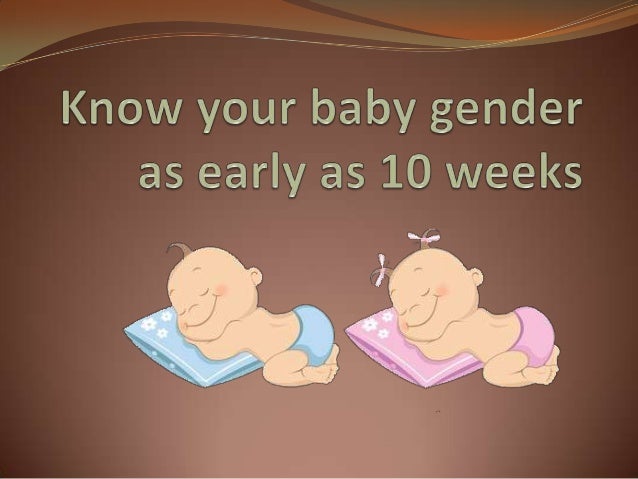
As a new mom, it’s natural to worry about your baby’s development. You may find yourself constantly Googling to see if your little one is on track. But the truth is, every baby develops at their own pace, and while there are general milestones to look out for, not hitting them exactly on time is not necessarily a cause for concern. With that being said, here are some key things to keep an eye on to ensure your baby is developing normally.
Table of Contents
Physical Development
Physical development refers to your baby’s growth and body movements. This includes weight gain, length, head circumference, and motor skills. Here are some milestones to look out for:
- By one month, your baby should be able to lift their head momentarily when placed on their stomach.
- By six months, they should be able to sit up with support.
- By nine months, they should be able to sit up without support.
- By one year, they should be able to crawl or scoot on their belly.
- By 18 months, they should be able to walk with assistance.
- By two years, they should be able to run and jump.
Remember, these are just general guidelines. Some babies may hit these milestones earlier or later than others, and that’s okay. If you have concerns, speak with your pediatrician.
Language Development
Language development refers to your baby’s ability to communicate through sounds, words, and gestures. Here are some milestones to look out for:
- By six months, your baby should be able to babble and make repetitive sounds.
- By 12 months, they should be able to say their first words.
- By 18 months, they should be able to say at least 10 words.
- By two years, they should be able to form short sentences.
It’s important to remember that language development is not just about speaking. It’s also about understanding what others are saying and responding appropriately. If you have concerns, speak with your pediatrician.
Social and Emotional Development
Social and emotional development refers to your baby’s ability to interact with others and regulate their own emotions. Here are some milestones to look out for:
- By two months, your baby should be able to smile in response to your smile.
- By six months, they should be able to recognize familiar faces and show excitement or fear in response to other people’s emotions.
- By one year, they should be able to wave goodbye and play simple games like peek-a-boo.
- By two years, they should be able to take turns and engage in make-believe play.
It’s important to remember that social and emotional development is highly individual and influenced by factors like temperament and environment. If you have concerns, speak with your pediatrician.
Cognitive Development
Cognitive development refers to your baby’s ability to think, reason, and problem-solve. Here are some milestones to look out for:
- By three months, your baby should be able to recognize faces and objects.
- By six months, they should be able to find hidden objects and imitate actions.
- By one year, they should be able to point to objects and follow simple directions.
- By two years, they should be able to sort objects by shape and color and solve simple puzzles.
Remember, cognitive development is not just about intelligence. It’s about your baby’s ability to understand and interact with the world around them. If you have concerns, speak with your pediatrician.
Frequently Asked Questions
Here are some frequently asked questions about baby development:
Q: What should I do if I’m worried about my baby’s development?
A: Talk to your pediatrician. They can assess your baby’s development and provide guidance and resources.
Q: Should I be concerned if my baby doesn’t hit a milestone exactly on time?
A: Not necessarily. Every baby develops at their own pace, and hitting milestones a little early or a little late is normal. However, if you have concerns, speak with your pediatrician.
Q: What can I do to support my baby’s development?
A: Provide a safe and stimulating environment, talk and interact with your baby, read to them, and give them plenty of love and attention. Your pediatrician can also provide guidance on developmental activities and exercises.
Q: Are there any red flags I should look out for?
A: Some red flags include not making eye contact, not responding to sounds or voices, not reaching for objects, not babbling or making sounds, and not crawling or walking by 18 months. If you notice any of these signs, speak with your pediatrician.
Q: Is there anything I can do to prevent developmental delays?
A: While some developmental delays are caused by medical conditions or genetic factors, there are things you can do to support your baby’s development. This includes providing a safe and stimulating environment, talking and interacting with your baby, reading to them, and giving them plenty of love and attention. Your pediatrician can also provide guidance on developmental activities and exercises.
In conclusion, every baby develops at their own pace, but there are general milestones to look out for to ensure your little one is developing normally. Remember, if you have concerns, speak with your pediatrician. With love, attention, and support, your baby will thrive.
